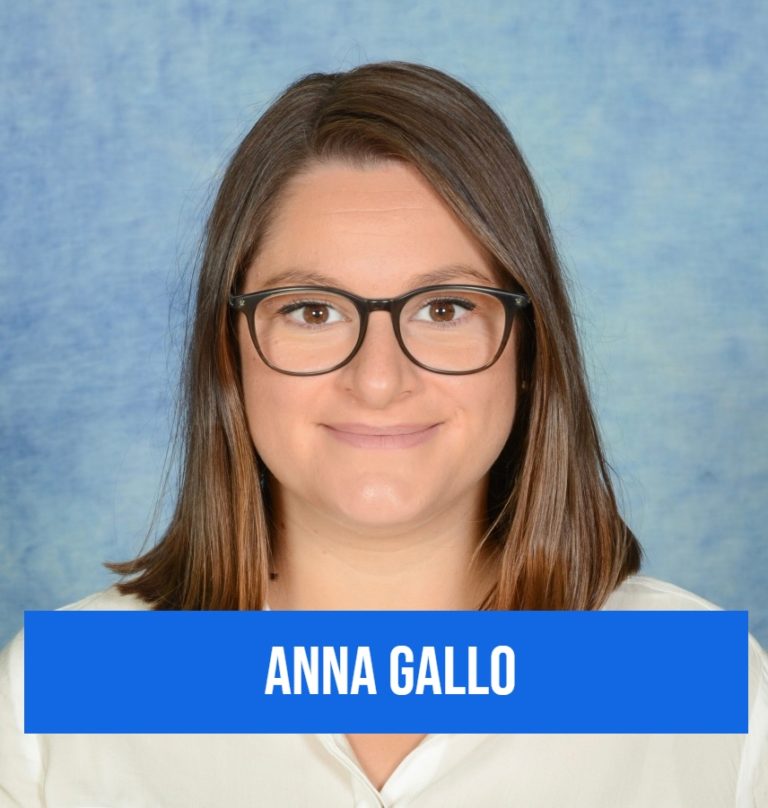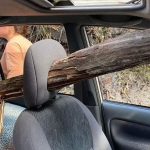“The school musical is one of the most important and exciting events on the school calendar, and we want to provide assistance and inspiration wherever we can,” says Independent Schools Victoria (ISV) Innovation and Learning Leader Will Hanley.
That love of putting on a show was the driving force behind the ISV Musical Theatre Workshop he ran recently to help performing arts educators keen to wrap their heads around the machinations and marketing required.
“ISV has been running this workshop since 2018. I have been running it since then in multiple formats, in-person and online,” Mr Hanley told EducationDaily. “We can also offer personalised workshops for school groups. In the past, we’ve had industry experts assist in the delivery and we’ve also welcomed teachers and community members who are well-known in the field.”
Schools typically find the organisation of a school musical “difficult”, he says.
“Sometimes, we have graduate teachers who have been given the opportunity to put on a school show or passed the reigns from a retired teacher. We must remember that a school musical doesn’t get put on in a week. Sometimes, people are planning for years in advance.”
Exciting opportunities to perform
Through delivery of the annual workshop, Mr Hanley says, the ISV’s tailored approach to the learning opportunities it offers aims to “support schools in whichever way they want”.
“It may have to do with choreography, musical direction, costume or set hire, how to do a lighting plot, how the audition process works, creating the program, buying shoes, fundraising, or creating a document about production roles,” he told EducationDaily. “When it comes to school musicals, we don’t know what we don’t know. Sometimes people are completely overwhelmed with the task, and we just want to make the process as easy or manageable as possible.”
Sensitivity issues can’t be ignored
Giving young people the chance to perform, create something special, and comment on the society in which they live is, he says, “a really exciting part of theatre and musical theatre”.
But conversations about what shows are deemed “appropriate choices of shows” and what are not is another important consideration, says Mr Hanley.
“Shows like West Side Story and Hairspray used to be top choices for schools. However, for obvious reasons, schools must be more aware of their role in creating safe spaces and telling authentic stories. If schools cannot cast musicals authentically, we suggest steering clear of that musical,” he says.
It’s a reality that explains the reason why many schools seem to choose the same musical. Limitations on choice also driven by actively touring professional productions of shows that make schools and amateur companies unable to perform the same show at the same time.
“Sometimes, shows are restricted for years at a time,” he says.
Budget – and beg
When it comes to working with a budget for a school production, Mr Hanley says each school has access to varying funds. For some, it’s about managing to stitch a musical together on a shoestring, while other schools “will spend the equivalent of what the top-level and non-professional theatre companies in Victoria do”.
Planning is key to procure costumes, he says – and if schools can find other schools or community groups who have just done the show that school is planning, costumes and accessories can be found easily and affordably.
“You may choose a show specifically because a school you know has just completed that show,” he says, adding that getting in early can reduce costs. But whatever the cost, Mr Hanley believes the opportunities school productions offer students – and teachers – are meaningful.
“School musicals cost money. We should view the school musical as providing students with an experience they will not get from other extracurricular programs. Some schools make money from their musicals, and some schools lose money. My top tip for spending money for school musicals is to spend within your means. Beg, borrow and steal where you can, and use all of the expertise you have within your school community,” he says.
To help manage musical provision, Mr Hanley suggests schools go with “what you know”.
“There are options for some musicals where you can use a condensed orchestra, and then there are shows, like the Disney Junior musicals, that provide schools with pre-recorded scores,” he says. “Some schools prefer to use their school orchestra, and some schools prefer to hire musicians for their musicals. Some schools use a combination of instrumental music teachers, staff, parents, and community members.”
Shining a light on valuable student work experience
Regarding sound and lighting, Mr Hanley says some schools will have the expertise, and some will not.
“If you’ve put all this work into rehearsals, you want your students to be seen and heard. If you’re hiring professionals to do the job, make sure you have student assistance or helpers. More often than not, you’ll spark an interest or passion within one of these students, and they may go on to find employment with one of these providers. These companies will love having students assist where they can,” he told EducationDaily.
“School musicals cost money. We should view the school musical as providing students with an experience they will not get from other extracurricular programs. Some schools make money from their musicals, and some schools lose money. My top tip for spending money for school musicals is to spend within your means. Beg, borrow and steal where you can, and use all of the expertise you have within your school community,” says Mr Hanley.
Teaching from real-world experience
Oakleigh Grammar teacher Rebecca Bettiol used to be a professional actor, singer and dancer and has a CV that lists performances in Mamma Mia! and Camelot.
“As a teacher, I was in a position where I could apply what I observed and experienced as a professional, to shows that I co-created with students,” she told EducationDaily. “When my Deputy Principal forwarded me the information about the professional development day, I was incredibly excited and curious. Having the opportunity to collaborate with other arts educators who are faced with the challenges of bringing a production to life on stage with students was a unique opportunity. Also, gathering resources that supported the process of creating, inclusive, planned and authentic productions was invaluable.”
With the ISV workshop giving her access to “wonderful tools” that included budget mapping, scheduling, costume and set websites/resources she says she feels more confident about how to manage the “huge process of creating a production”.
“I will draw on the examples of how to ignite community excitement and ownership, as well as prioritising student agency, creating opportunities for students to be involved in the creation of the production – this includes roles in audio, lighting and set design,” she says.
School musical productions bring community together
Over the past 12 years – before joining Oakleigh Grammar late in 2022 – she’s already been involved in more than 20 productions, ranging from junior to senior school level. Putting on a show, she believes, is “integral to a school community”.
“Every production I have been involved in has enabled students to shine. Students feel a sense of belonging, identity and confidence. Their creativity and imagination are celebrated and extended, the community is propelled into a world of collaboration, agency and expression. Productions draw the community in and allow them to celebrate not only their child, but the school as whole, recognising that every role, from the audience to the performer is valued and celebrated,” she says.
Oakleigh Grammar’s 2024 production is Wind in the Willows (PlaysforYoungPeople).
“We have chosen this beautiful musical as it allows for a large number of students to take on multiple roles and it possesses opportunities to involve students from Prep – Year five,” she says. “The musical also contains a wonderful narrative that contains vibrant characters and bold sets, perfect for students to interact with. The musical score is easily accessible for students, allowing them the opportunity to learn and perform songs confidently. ”

Peer support matters
Anna Gallo is the music and drama teacher at the Eastmeadows Campus of Sirius College.
Her own motivation for enrolling in the ISV Musical Theatre Workshop was, she says, to meet with “like-minded, passionate performing arts teachers”.
Sirius College, Ms Gallo says, is still building its school musical culture. Because they don’t yet have a performing arts team at her campus to discuss ideas and inspiration with, she found the connection with others was helpful and says “I left the PD feeling I like I was on the right track”.
“Will was great in delivering engaging and helpful information which I shall take on. In particular, I loved his thorough ‘to-do timelines’, which I will share with my admin team, and distribute to staff when seeking assistance for 2024. When planning something so detailed, it takes a whole school approach. Planning is crucial to avoid director burnout,” she told EducationDaily.
Teamwork and talent help the show go on
Having already presented three school musicals to date, Ms Gallo says they serve as “a powerful platform for students to explore their talents, embrace diverse perspectives, and connect with their peers through a shared love for the performing arts”.
“Theatre productions provide a unique opportunity for students to step outside their comfort zones, challenge themselves, and discover hidden talents. They develop invaluable skills such as teamwork, communication, and problem-solving, which extend far beyond the stage and prepare them for success in all aspects of life. They provide a platform for students, parents, teachers, and community members to collaborate on a creative endeavour, strengthening bonds and creating lasting memories.”
With plans for a brighter performing arts future, Ms Gallo says the school is looking forward to construction of a new theatre set to be completed in April 2024.
Ms Gallo says they hope to open the space with a “showstopper” and are currently awaiting approval to perform the popular Disney musical Moana.
“We are set on a musical with a strong, empowered female voice,” she says. “Watch this space!”









